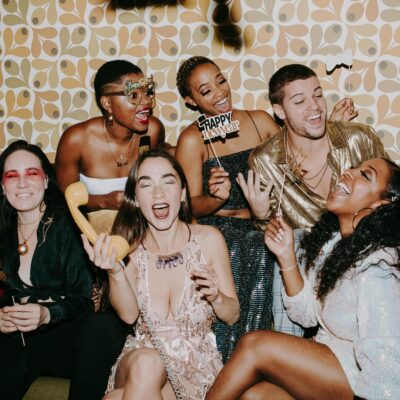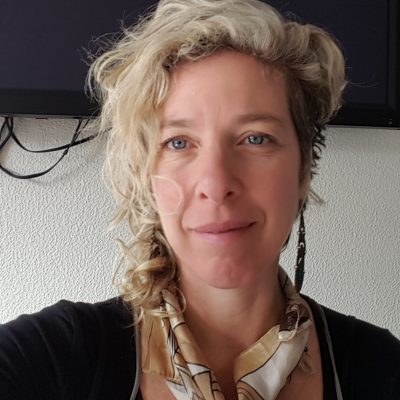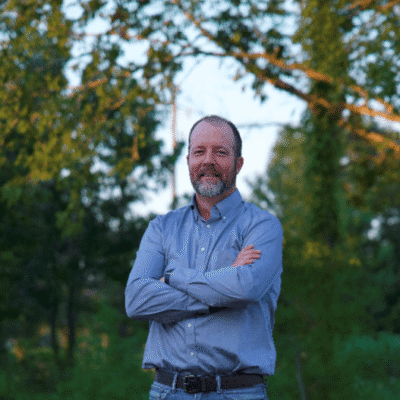 I often talk about today, and what has been going on in my life, and I also talk about ways to help you or a loved one living with Epilepsy, so for this month’s column I’d like to do a bit of a ‘throwback’. A throwback to my first seizure.
I often talk about today, and what has been going on in my life, and I also talk about ways to help you or a loved one living with Epilepsy, so for this month’s column I’d like to do a bit of a ‘throwback’. A throwback to my first seizure.
I was in school at the time; in fact it was my last year of Primary School. I remember vividly where I was sat. I was sat on the little plastic school chair with my back to the radiator. My teacher was behind his old school wooden desk with the big rolled blackboard behind him.
Everyone was chatting, my friends Phoebe & Connie were talking about horseback riding and my Friend Gemma and I chatted about what we’d like to do when we ‘grow up’, and how I wanted to be a police officer. From what I remember, we were having a general class discussion as a police officer stood at the front of the room reminding us not to talk to strangers.
The officer stood by Mr S’s desk in her uniform with her hands on her hips. ‘Do you know why we shouldn’t talk to strangers?’. I knew the answer, my hand quickly shot into the air as I wore a huge grin. I was so excited to speak to a real police officer, someone who I would love to be.
The room began to spin
As I held my hand up high, my vision started to blur and I felt my eyes drifting back, a bit like when you’ve spun round on a round-a-bout for too long. I could hear my teacher say my name to answer the question, but then it drowned out and I could no longer reply. I don’t remember anything from that moment; I couldn’t hear, speak or even move.
I slowly began to hear some muffled sounds-you know when you first wake up from a real deep sleep to the sound of someone saying ‘Are you awake?’, well it was a bit like that. Their voices were faint but I could hear them.
My vision came back and I looked around the room only to find everyone looking at me. A few kids in my class were silently laughing and pointing at me, and my teacher was looking at me with a blank look. The officer smiled at me, in a way to let me know she was still listening, but it meant nothing. I was humiliated and no amount of ‘It’s ok’ would make me feel better.
Tears of embarrassment
I began to cry; I was confused and didn’t know how long I was ‘gone’ for. I shook my head as the tears began to make their way down my cheek like raindrops on a window. Mr S took me out of the classroom to have a quick word. We stood in the foyer, I could see a few of the children looking through their classroom door at me as I stood there red-faced.
“Emily I think I need to talk to your Mum, I have noticed you looking blank a few times today. Do you feel ok?”
At 10 years old, how could I explain what happened, if I didn’t understand it myself? How could I explain that I wasn’t being rude, and that I couldn’t control my daydreams?
My teacher went to speak with my Mum that afternoon, who conveniently worked at my primary school. That day is my earliest memory of what is called Petit mal epilepsy, commonly known as an Absence Seizure.
Absence Seizures are commonly mistaken as a daydream; this is why my seizures went unnoticed for a while. I was always a little writer and an actress. I was always creative and I’d mess around at every opportunity I had. I used to plan stories in class, get home and jot a whole story out that I had planned in a Maths class.
I honestly didn’t understand my condition, and I didn’t know how it was going to affect me in the future. I remember vividly telling my Mum not to tell anyone, I was embarrassed but I wasn’t sure why.
Epilepsy and school
Despite my school grades being good, which I was really blessed with, I did struggle with aspects of school. Epilepsy can have a huge affect on learning and self-confidence, but there are things that you can do to help lessen its impact and manage your condition. I found keeping a diary at school helped me a lot. During class, if I noticed that I’d had a small seizure, I would make a note so that I could explain to my teachers why I had missed a bit of writing out, or why I was confused.
Everyone’s experience of epilepsy is different: it affects people in different ways and people feel differently about it, but for me and a lot of friends that I have met through my writing, keeping note has been really beneficial.
Epilepsy is also a condition that can change over time. How it affects you now may be different from how it affects you in the future. My seizures started off small, even though I was having seizures back to back in class and at home, they were only tiny and not very noticeable, but as I got older they began to change.
Since 2006, the year of my diagnosis, I have learned so much; most of all I have learned that when you are no longer afraid, is when you can be yourself. I’m not afraid anymore. I’m no longer embarrassed. I’m no longer living in dark place, and I hope to teach other people living with this condition how to live well with their Epilepsy.









David
Thanks for sharing your story. As my son gets older, I worry about his seizures, sure, but a lot about his learning difficulties (whether caused by the epilepsy or the meds) but mostly about his self-confidence. It’s hard for me because I have no reference, and I don’t know what it’s likely, so I can’t offer him much relevant advice. But I’m hopeful reading stories like yours that he (and we) will figure it out.